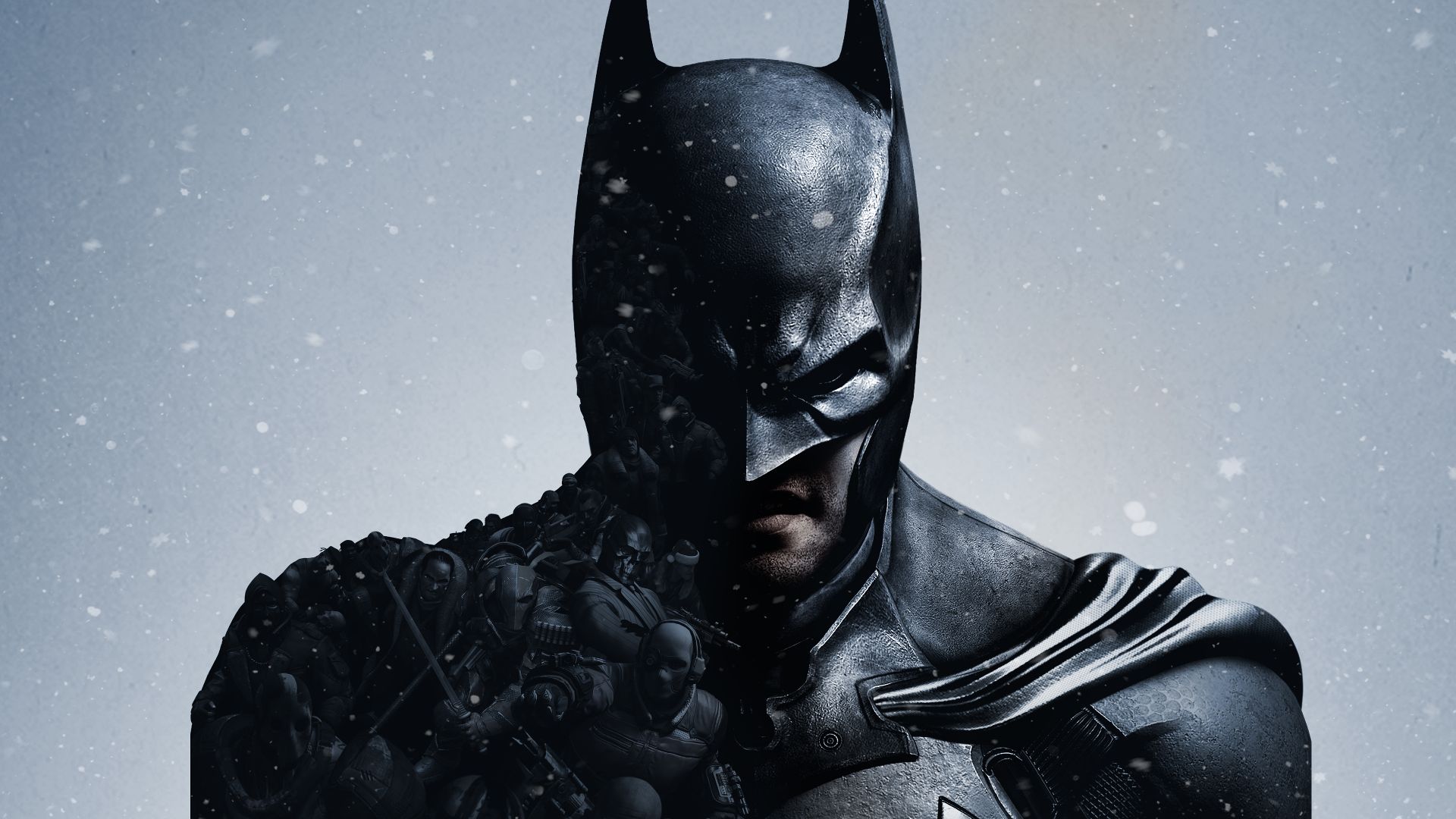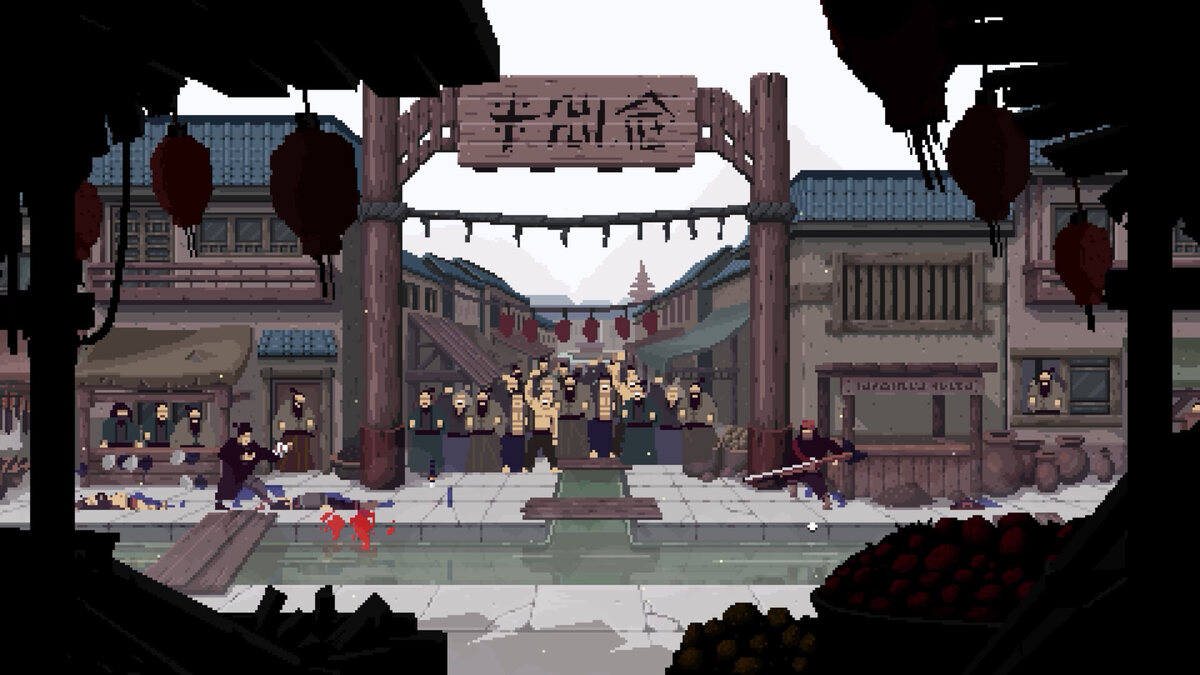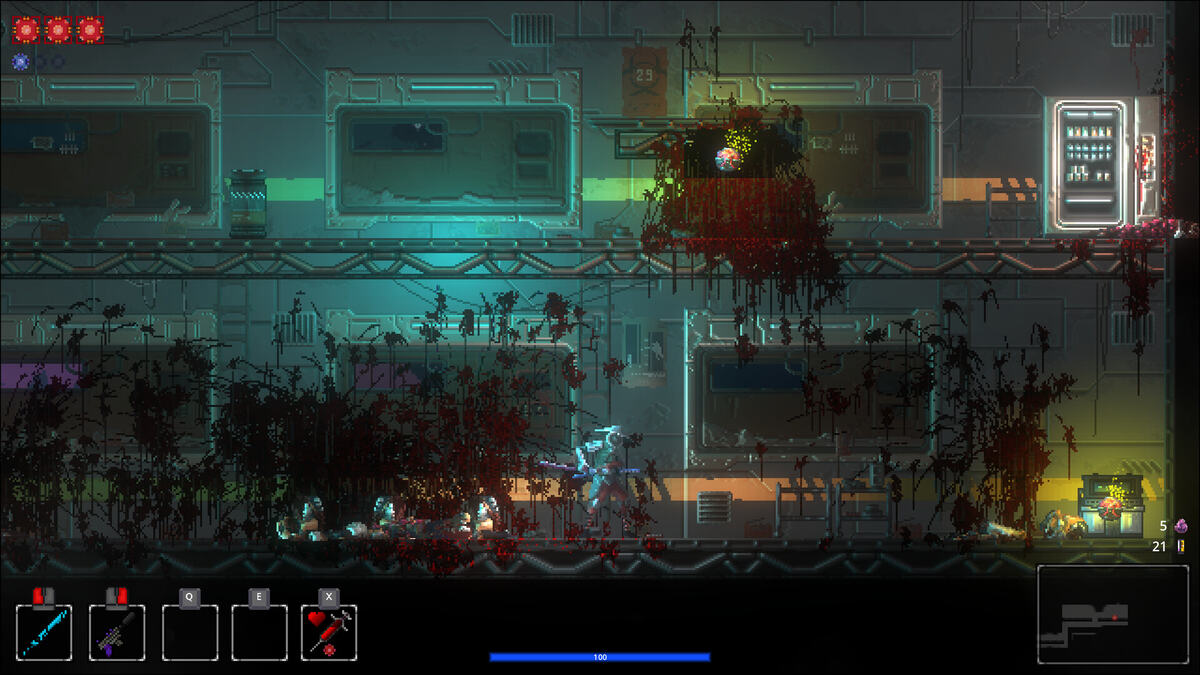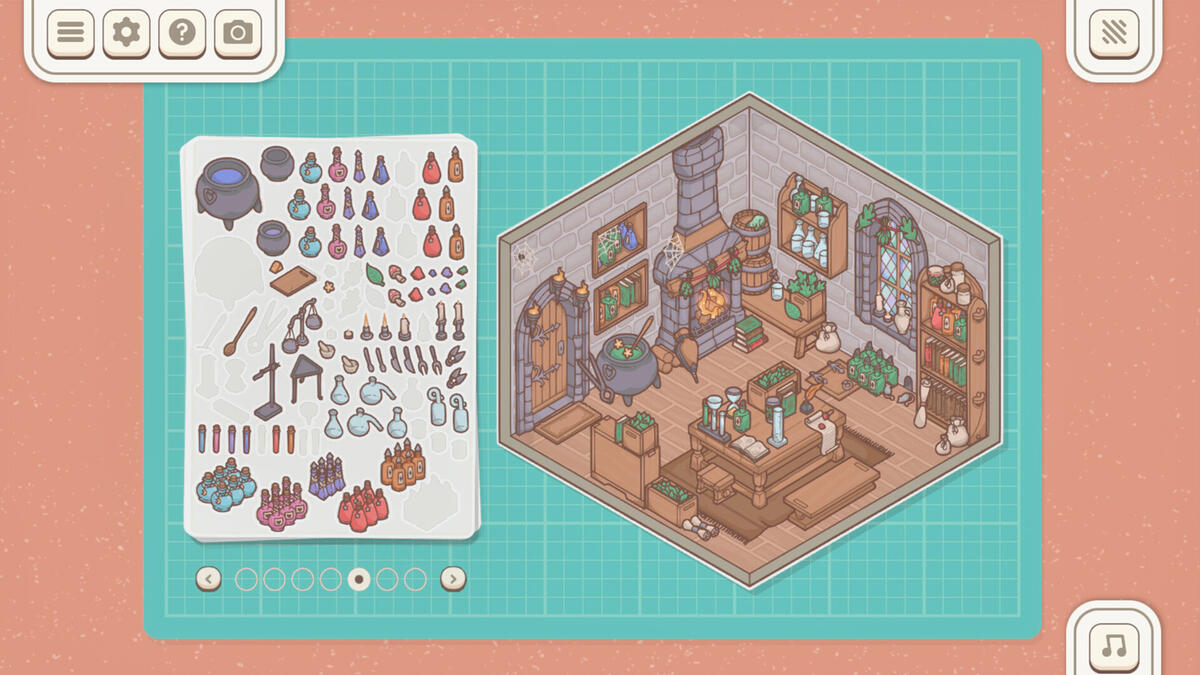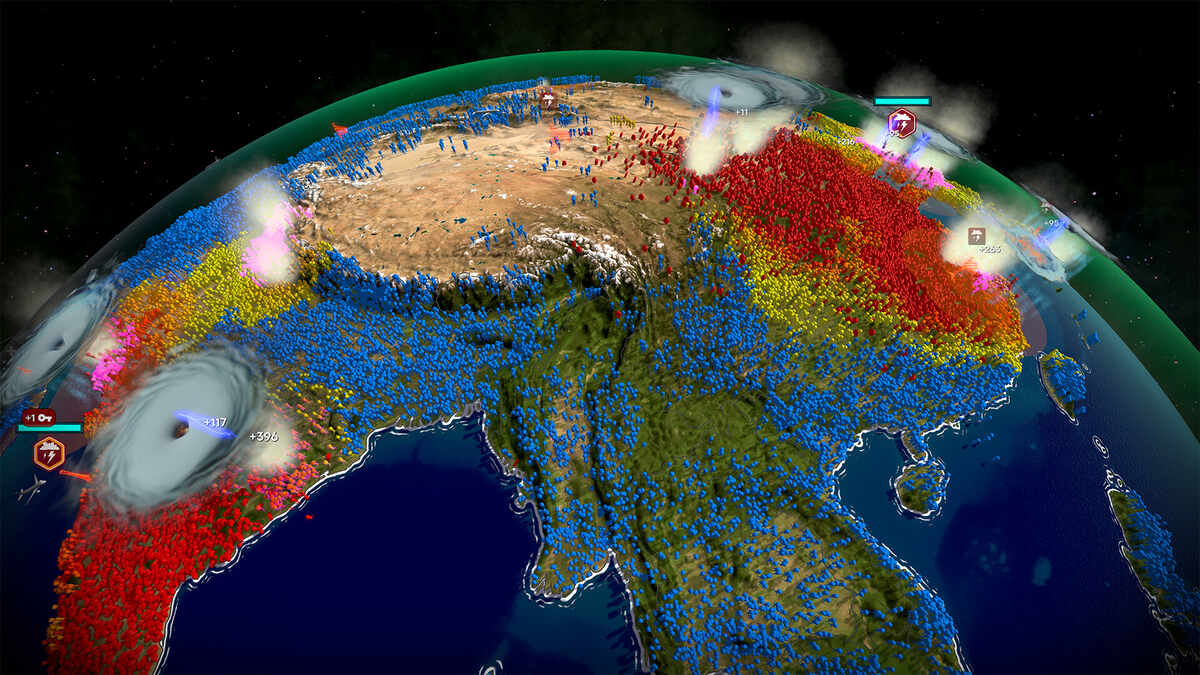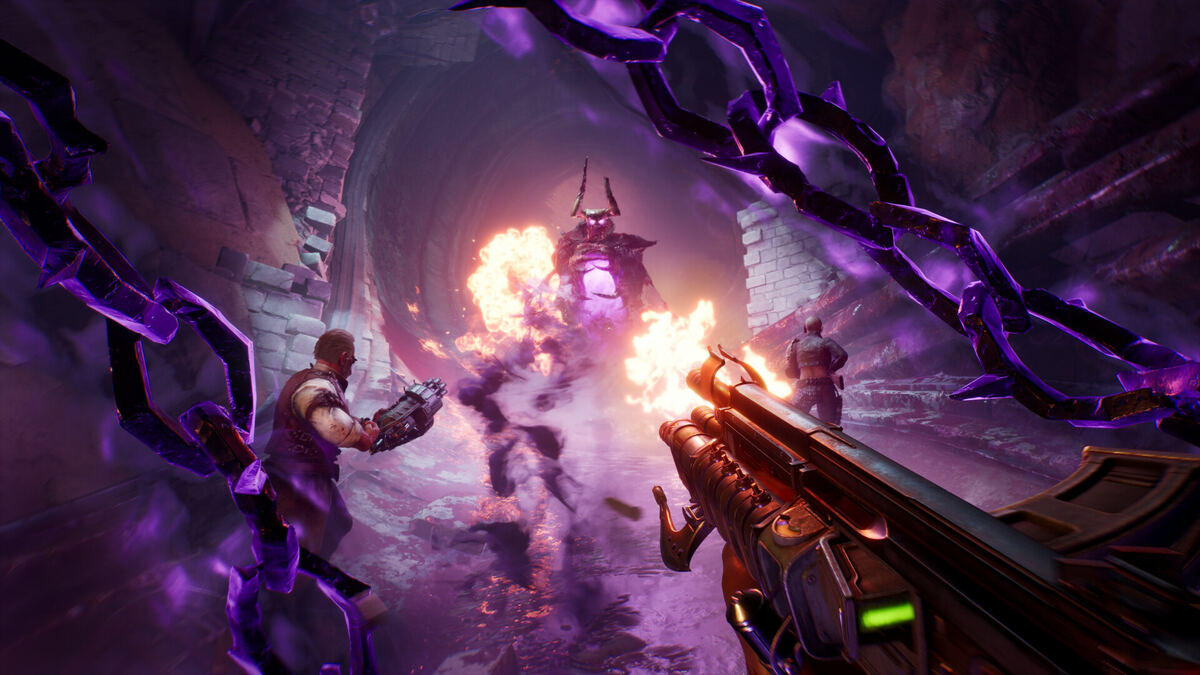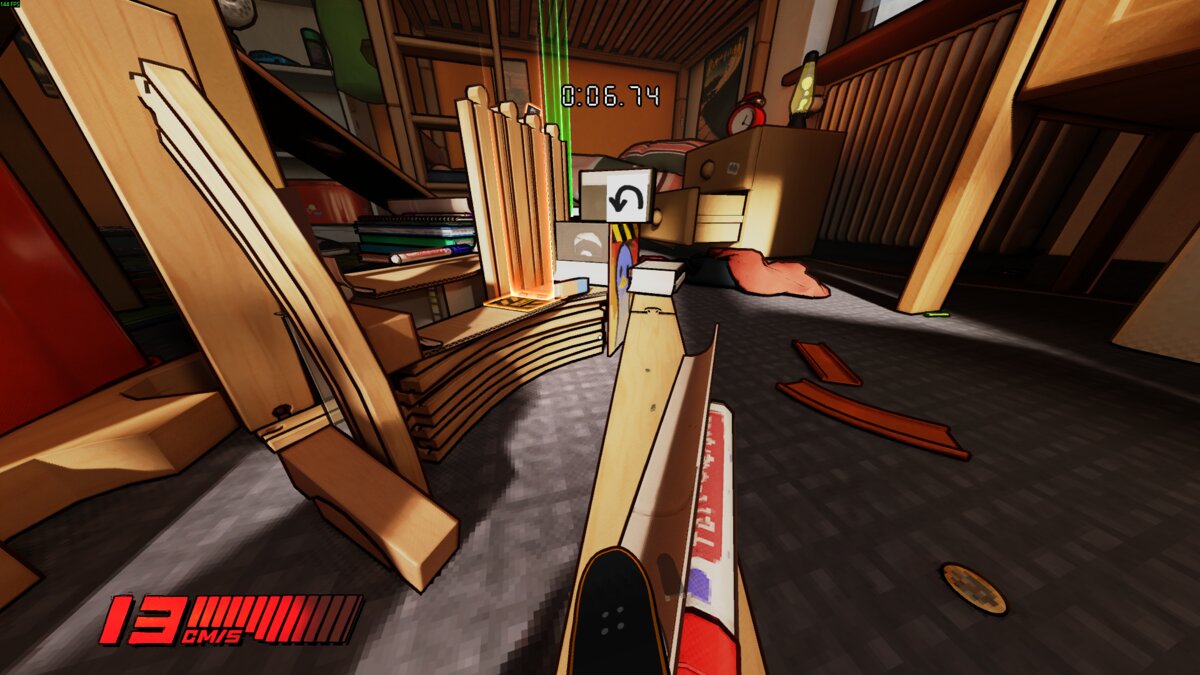You can trust VideoGamer. Our team of gaming experts spend hours testing and reviewing the latest games, to ensure you're reading the most comprehensive guide possible. Rest assured, all imagery and advice is unique and original. Check out how we test and review games here
While it may not be as widespread as some may think, the word ‘worry’ has been thrown around a fair bit where Batman: Arkham Origins is concerned. Be it because Warner Bros. Montreal are taking over the series from the frightfully talented Rocksteady, or due to the inclusion of multiplayer (which is far better than some are still giving it credit for), there’s a fear that the lofty heights of before cannot possibly be reached. It’s because change can be an intimidating factor when it comes to development, ranging from a switch in studio to huge success skewing what a sequel could, and should, be. Many often cite Metal Gear Solid 2 as a game that was given way too much creative freedom, and even the upcoming Dragon Age: Inquisition has some mopping their brows given how they felt about Dragon Age 2. There’s logic to such apprehension, but none of it should carry over to Batman.
“I’ll be honest: I don’t think we thought about [the shift] that much to the point we got paralysed because we didn’t think it’d be healthy” creative director Eric Holmes recently told VideoGamer.com.
“The thing that drives us through any concerns is that we have a lot of enthusiasm. Batman as a character: the test of time is there. Superman is 75 years, this year, right? Batman is a year behind. There’s so many incarnations of this character and so many ways to realise it. It’s a very well defined persona, but there’s many ways to portray him. So just the enthusiasm we’ve had to tell our story, to add that on top of all that’s already really great has carried us through any concerns. And it’s not constructive to worry about it in that way.”
It’s a confident stance, and one that’s, currently, more than backed up by Origins itself. Clearly made, much like Rocksteady, by people who love the character, it’s all been thought out to ensure it evokes elements that Batman fans would instantly pick up on, or at least debate about – it’s arguably a reason for Gotham being blanketed in snow. ‘Things change…’
The reality is, Arkham Origins is shaping up to be a fitting end to a trilogy that, to many, matches what has recently been achieved on the big screen. Although this builds on the excellent foundations already put in place, it’s the extra touches such as the martial artist – who can stand, somewhat, toe-to-toe with Batman – or the new detective mode that not only gives Origins its own identity, but separates it just enough from its predecessors.
This couldn’t be more apparent when Montreal recently showed off yet more snippets for its upcoming game. Alongside revealing another enemy – Firefly – and going into more detail about the shock glove and remote Batclaw, it was seeing how the setting had been enhanced that truly shines, complete with a strong idea of how the world will operate compared to Arkham City. It’s been expanded to some degree, and new areas such as Pioneer’s Bridge are delightful to behold should you be firmly within the Caped Crusader club.
It’s a prevalent theme throughout Origins: playing up to Batman loyalists while underlining what makes The Dark Knight who he is. “That’s the difference between persona and features” Holmes continues.
“One of the things that excites people from the prequel side is we take him in a much more raw and unformed state, and we start to form him. We know where he ends up. If we were doing a straight sequel to Arkham City, for example, we’d know exactly where we’d start off. It’s Batman. He’s exactly him! In a way, he’s trapped by that… it’s kinda like The Simpsons [laughs]. He has to reset every so often. You can do big changes but to some degree, because he’s Batman, you can go to a different place, or you can kill a character, or you can add an ally, change who Robin is. Regardless, there’s a core to that character that’s very true.”
That’s a genuine appeal with Origins, much in the same way it was when Christopher Nolan rebooted the franchise with Batman Begins. Holmes happily accepts nods to Year One, as did the movie, showing Bruce Wayne’s transformation into the iconic character. How exactly Warner Bros. will make that their own over a 20-hour narrative is unknown – I’d imagine some sort of Scarecrow/Asylum inspired section is on the cards to appease expectation – but seeing relationships form between Batman and James Gordon, or his early encounters with The Joker, should be among the highs of the entire series, if executed well.
It’s one of Warner’s tick boxes, too. Well aware of the upshots of having a Batman who isn’t fully formed, it’s an opportunity to give him a story, and introduce Rocksteady’s version of the character even though we already how he ends up. It’s a parallel that, interestingly, Holmes draws with Indiana Jones.
“One simple example would be Indiana Jones and The Last Crusade – how important that first 15 minutes are when he goes to get the Cross of Coronado. You see him get the weapon; you see him get the hat; you see him with snakes; you see him use the whip to defend himself; you see his relationship with his dad; you see how he really develops a fixation on this archaeological item. We didn’t use that to build our game, but it’s a very satisfying sequence. You get this moment of ‘Oh, I see why that’s like this’.
“I think that particular moment dawning on you as to why things are the way they are… at first, [like with] Gordon. Gordon and Batman are not friends but you know it doesn’t end there; you know that’s not the ending of the story. It’s fascinating because you fixate on it and then see all the pieces connect and click into place and it’s satisfying to see that it got there… and you’re glad!”
It wouldn’t be too out of left field for some to label Origins as City 1.5, even though in my mind that’s still a huge compliment. The previous Batman remains a pillar of this generation, and the chance to experience more of it – just with a cast of new enemies, if you were to look at it in that fashion – is one I’d personally grasp with both hands. Only the final game will serve as evidence if Warner Bros. Montreal has been successful in carrying the franchise on, but there’s nothing I’ve seen or played so far to suggest otherwise. Even the DLC extras featuring Deathstroke have a certain merit to them. Opening up a 1-100 challenge room – which is self-explanatory, really – ‘the terminator’ moves far slower than Batman, his maneuvers more methodical and direct (as they should be given his stance towards murder). Combat has always been the jewel in the crown of the entire Arkham franchise, a model that actively should be borrowed/stolen by other developers, such is its satisfying nature.
It’s different with Origins as Montreal has been given the assets and foundations already and told to work within and, where necessary, improve them. While the fundamentals stay the same, slight changes to the speed and the addition of extra counter animations means it does feel fresh. It may be the system’s third go-around, but it hasn’t run out of steam.
That was always going to be a challenge any new developer taking on a project from someone else would have: trying to live up to the success of Rocksteady’s games while iterating on exactly the same formula, rather than, say, Splinter Cell: Blacklist, which arguably look to games like the Arkham for inspiration. Warner Bros’. job is to iterate and continue work that’s already won plaudits.
“It’s like any highly-reviewed games” Holmes says. “People look at them and look to them and, to some degree, they’ll judge different parts of different games on what the high watermark is. Like Half-Life 2: for so long that has been the gold-standard in partner AI and people will talk about other partner AI [compared] to Alyx Vance. We’ve directly been looking at everything we do against City because that was the last game. I don’t know if we look at the same [games] as everyone else as they’re probably looking at those games going ‘Well that maybe had something interesting. Can we look at it?’ whereas we are following it, using that codebase and building on top of it. So there’s may be a few things we take for granted a little bit – like the freeflow combat: we didn’t have to build that but we did have to build things as good as that and that work with it.”
With Rocksteady seemingly working on a next-generation of Batman, Origins should serve as the wrapping of a trilogy that’s taken a run of games out of the dark ages and into a world where you don’t have to feel ashamed that you spent £49.99 on Batman Begins for the GameCube*. It may not appear as if much has changed, but a combination of interesting ideas, a great premise and litres of polish make it a worthy, and significant, send off.
* This may or may not have happened
/https://oimg.videogamer.com/images/7ada/batmanupnext.jpg)
Batman: Arkham Origins
- Platform(s): Android, iOS, PC, PlayStation 3, Wii U, Xbox 360
- Genre(s): Action, Adventure
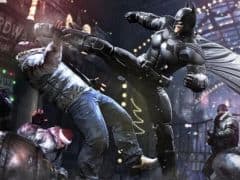
/https://oimg.videogamer.com/images/8398/batman_arkham_origins_29.jpg)
